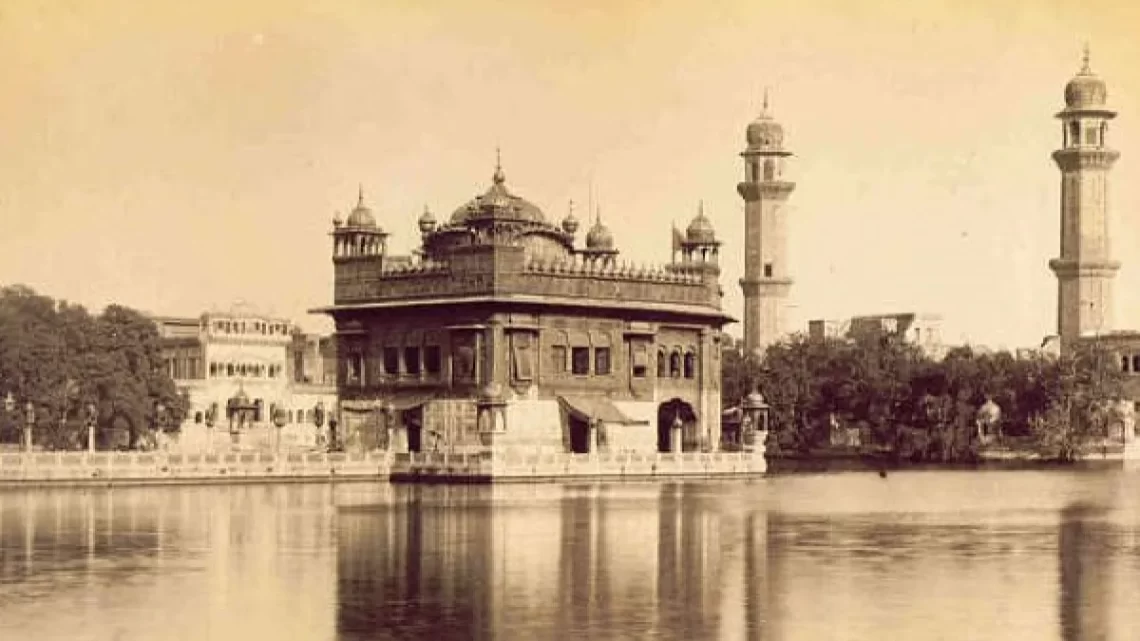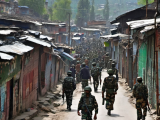
Operation Blue Star: A Dark Chapter in Sikh History in India
June 3, 2024Operation Blue Star, the 1984 military operation executed by the Indian army on the Golden Temple in Amritsar, stands as a contentious and traumatic event in Sikh history. This action, perceived by many as state-sponsored terrorism, targeted the holiest shrine of the Sikh community, leaving indelible scars and igniting a series of human rights violations that reverberate to this day.
Even before Operation Blue Star, the Sikh community in India faced numerous human rights abuses. However, the assault on the Golden Temple marked a significant escalation, symbolizing the start of a systematic effort to suppress and purge the Sikh population. On June 2, 1984, the Indian army, equipped with tanks and artillery, launched a brutal attack on the Golden Temple, resulting in the massacre of thousands of Sikhs, including many pilgrims, between June 2 and June 10, 1984. The sacred shrine suffered extensive damage during this period.
Despite the passage of 39 years, the victims of Operation Blue Star and the subsequent anti-Sikh riots continue to seek justice. Sikh leaders and activists liken the event to “Ghallughara,” or holocaust, of the Sikh community. They remain resolute in their remembrance of the massacre and the killing of their esteemed leader, Jarnail Singh Bhindranwale, who is celebrated for his role in awakening the Sikh community against perceived Indian imperialism. In an effort to conceal the atrocities committed during Operation Blue Star, Indian authorities imposed stringent media restrictions.
The deliberate assault on the Golden Temple was seen not only as an attempt to kill Sikhs but also to desecrate their most revered religious site. This act left profound psychological wounds on the Sikh community. In protest, many Sikhs resigned from their positions and returned awards they had received from the Indian government.
The aftermath of Operation Blue Star led to a significant shift in the Sikh community’s perception of their future within India. The attack on their holiest shrine convinced many Sikhs that their safety and future in India were in jeopardy. This realization fueled the movement for a separate homeland, known as Khalistan. Each anniversary of the Golden Temple massacre in June serves to rejuvenate this aspiration.
The struggle for Khalistan has seen numerous leaders emerge, some of whom, like Hardeep Singh Nijjar, were allegedly targeted and killed by Indian agencies even beyond India’s borders. Nijjar, a 45-year-old Sikh leader, was killed in Canada on June 18, 2023, highlighting the ongoing international dimension of this conflict.
This underscores the Sikh community’s determination to continue their fight against what they perceive as Hindutva hegemony. Their struggle, framed as a resistance against oppressive designs, is a testament to their resolve not to let their cultural and religious identity be subsumed. As long as the memories of Operation Blue Star endure, the demand for justice and a separate Khalistan will persist, reflecting the community’s unyielding spirit.

